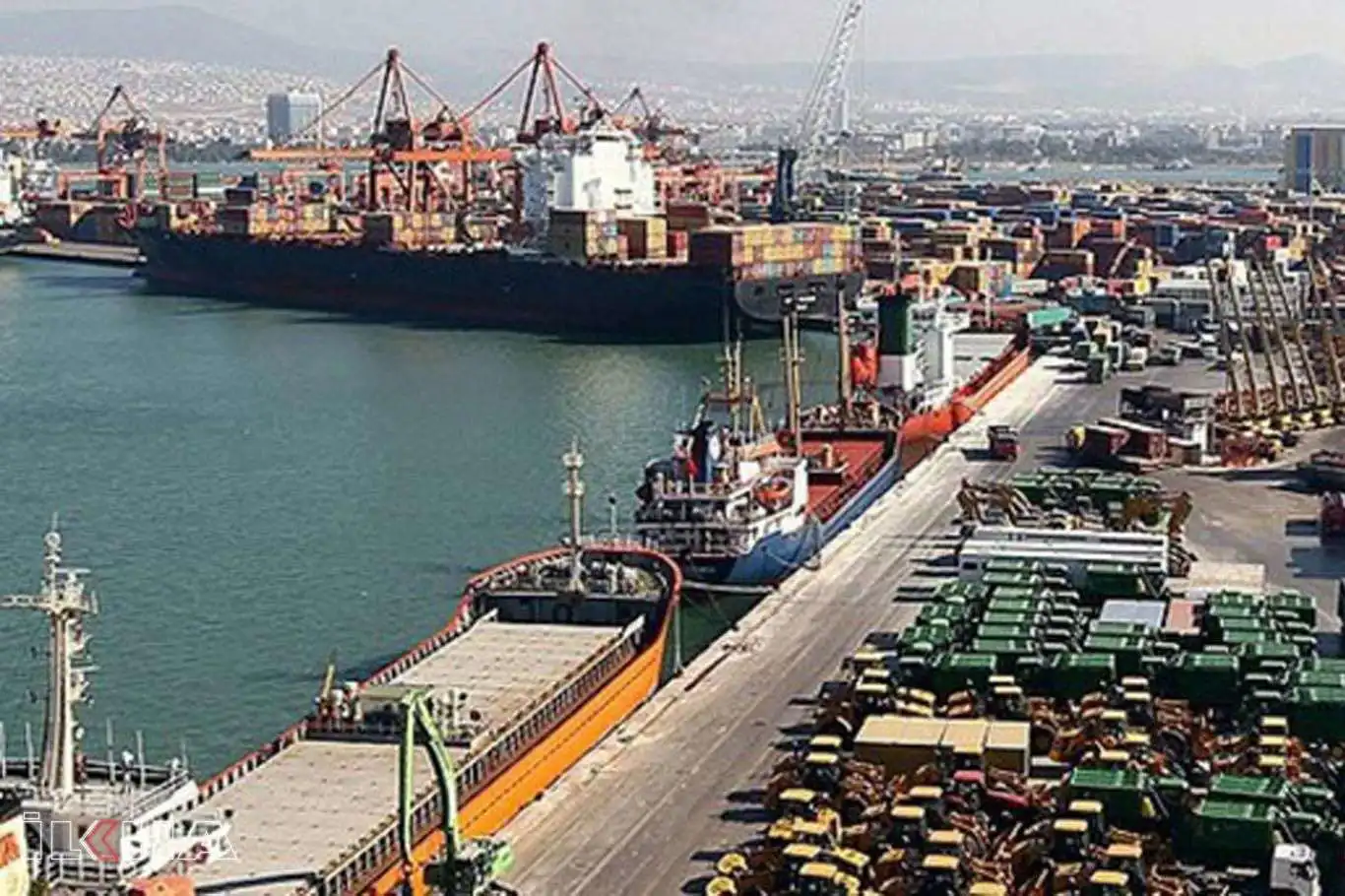Türkiye’s foreign trade deficit widens 33.8% in September as imports surge


Türkiye’s foreign trade deficit expanded sharply in September 2025 as import growth outpaced exports, according to data released Friday by the Turkish Statistical Institute (TurkStat).
Under the general trade system, exports rose by 2.8% to 22.58 billion dollars, while imports jumped 8.7% to 29.48 billion dollars compared with the same month in 2024. This pushed the monthly foreign trade deficit up 33.8% year-on-year to 6.9 billion dollars, with the export-to-import coverage ratio slipping to 76.6% from 81% a year earlier.
In the January–September 2025 period, Türkiye’s exports totaled 200.58 billion dollars, marking a 4.1% increase, while imports rose 5.9% to 267.64 billion dollars. The cumulative trade gap widened 11.8% to 67.06 billion dollars over the same nine-month period.
When energy products and non-monetary gold are excluded, exports reached 21.23 billion dollars, up 2.1%, while imports rose 5.8% to 22.44 billion dollars in September. The adjusted trade deficit stood at 1.21 billion dollars, with total trade volume increasing 4% to 43.67 billion dollars.
Manufacturing Sector Dominates Exports
The share of manufacturing industries in total exports remained dominant at 94.5% in September, followed by agriculture, forestry, and fishing (3%) and mining and quarrying (1.8%). For the January–September period, the share of manufacturing exports held steady at 94.5%.
On the import side, intermediate goods accounted for 69.1% of total imports in September, while capital goods made up 14.9% and consumption goods 15.5%, according to the Broad Economic Categories (BEC) classification.
Germany and China Remain Türkiye’s Key Trade Partners
Germany continued to be Türkiye’s top export destination, receiving 1.9 billion dollars worth of goods in September. It was followed by the United Kingdom (1.39 billion), United States (1.35 billion), Iraq (1.1 billion), and Italy (1.1 billion). Together, these five countries accounted for 30.3% of Türkiye’s total exports.
On the import side, China was Türkiye’s largest supplier, delivering 4.26 billion dollars in goods, followed by Russia (3.25 billion), Germany (2.36 billion), the United Arab Emirates (1.48 billion), and the United States (1.46 billion). The top five import partners made up 43.5% of Türkiye’s total imports.
Technology Intensity and Adjusted Figures
The ratio of high-technology products in manufacturing exports was 3.1% in September, while such goods represented 12.5% of Türkiye’s manufacturing imports. Seasonally and calendar-adjusted figures showed a 4.3% decline in exports and an 8.2% increase in imports compared with the previous month.
Special Trade System Results
According to the special trade system, exports totaled 20.55 billion dollars and imports 28.02 billion dollars in September, marking increases of 3.0% and 10.6%, respectively. The trade deficit under this system rose 38.7% year-on-year to 7.47 billion dollars, with exports covering 73.3% of imports.
From January to September 2025, special-system exports reached 182.04 billion dollars (up 4.4%) and imports 250.79 billion dollars (up 6.6%). The resulting deficit expanded 13% to 68.75 billion dollars, while export coverage fell to 72.6% from 74.1% in the same period of 2024. (ILKHA)
LEGAL WARNING: All rights of the published news, photos and videos are reserved by İlke Haber Ajansı Basın Yayın San. Trade A.Ş. Under no circumstances can all or part of the news, photos and videos be used without a written contract or subscription.
The Central Bank of the Republic of Türkiye (CBRT) announced that inflation expectations picked up in October, heightening concerns that the pace of disinflation may be slowing. The bank signaled that it will maintain a cautious and data-driven approach to monetary policy in the coming months.
Türkiye’s tourism sector continued its growth trajectory in the third quarter of 2025 (July–September), with tourism income increasing by 3.9% year-on-year to reach 24.26 billion dollars, according to official statistics.
Türkiye’s Minister of Finance and Treasury, Mehmet Şimşek, reiterated the government’s firm commitment to combating inflation and ensuring long-term economic stability during his address at the annual Istanbul Economic Summit on Friday.